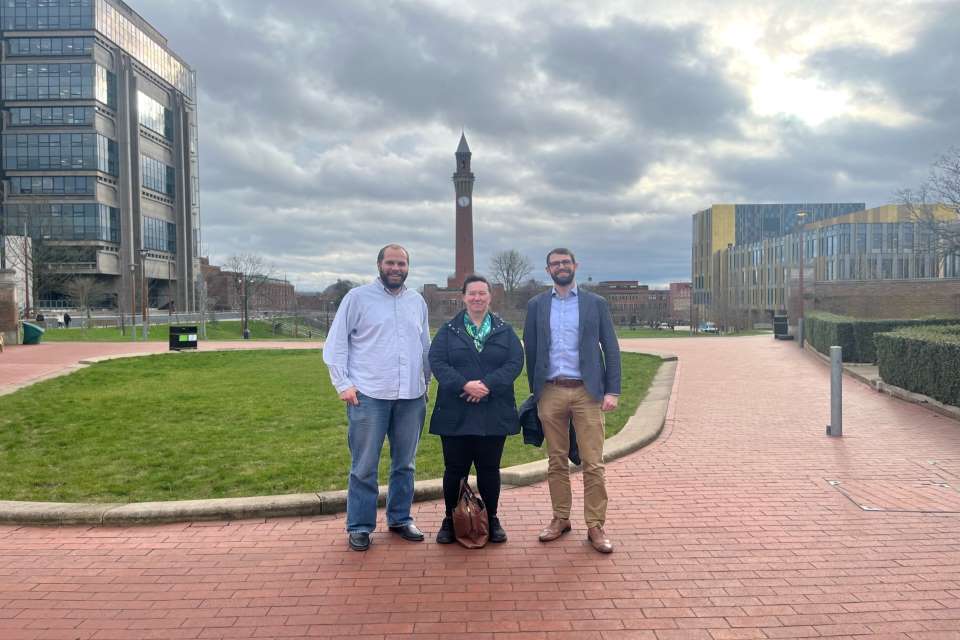 UK Atomic Energy Authority (UKAEA) and the University of Birmingham have agreed to co-operate in the development of materials for fusion reactors. Materials are required with better resilience to the extreme conditions in fusion energy power plants, several of which are under development in the UK.
UK Atomic Energy Authority (UKAEA) and the University of Birmingham have agreed to co-operate in the development of materials for fusion reactors. Materials are required with better resilience to the extreme conditions in fusion energy power plants, several of which are under development in the UK.
In 2022, West Burton A in Nottinghamshire was selected as the site for UKAEA’s Spherical Tokamak for Energy Production (STEP) prototype fusion powerplant, which will be delivered by UK Industrial Fusion Solutions Ltd (UKIFS). STEP is scheduled to complete construction by 2040 and aims to provide electricity to the grid from fusion energy.
However, before fusion can become commercially viable, new materials will need to be designed, developed and modelled. These materials will need to withstand the highly energetic neutrons released by the fusion reactions.
University of Birmingham’s recently commissioned of its High Flux Accelerator-Driven Neutron facility. Along with its existing MC40 Cyclotron facility, this installation enables the university to study damage sustained by materials in fusion machines.
UKAEA Director of Materials Research Dr Amanda Quadling said: “The University of Birmingham’s School of Metallurgy and Materials has a strong track record in the development of novel materials for extreme environments particularly through the design of novel compositions and microstructures.”
UKAEA says the agreement marks an advancement in fusion energy development in academia and a shift from theoretical disciplines to real-world powerplant applications. It will focus initially on carrying out irradiation studies on materials, developing new metal alloys that are more radiation tolerant, and additive manufacturing of materials that can withstand ultra-high temperatures.
The partnership will also work to develop a pipeline of skilled fusion engineers for this growing sector. A Master of Research (MRes) degree in Materials for Fusion Energy has been established. It is expected this will attract collaborations from a wider range of industrial partners who will be able to sponsor students and work in partnership with them on research projects.
Image: From L-R – Professor Alessandro Mottura, University of Birmingham; Dr Amanda Quadling, UKAEA; and Dr Alexander Knowles, University of Birmingham






